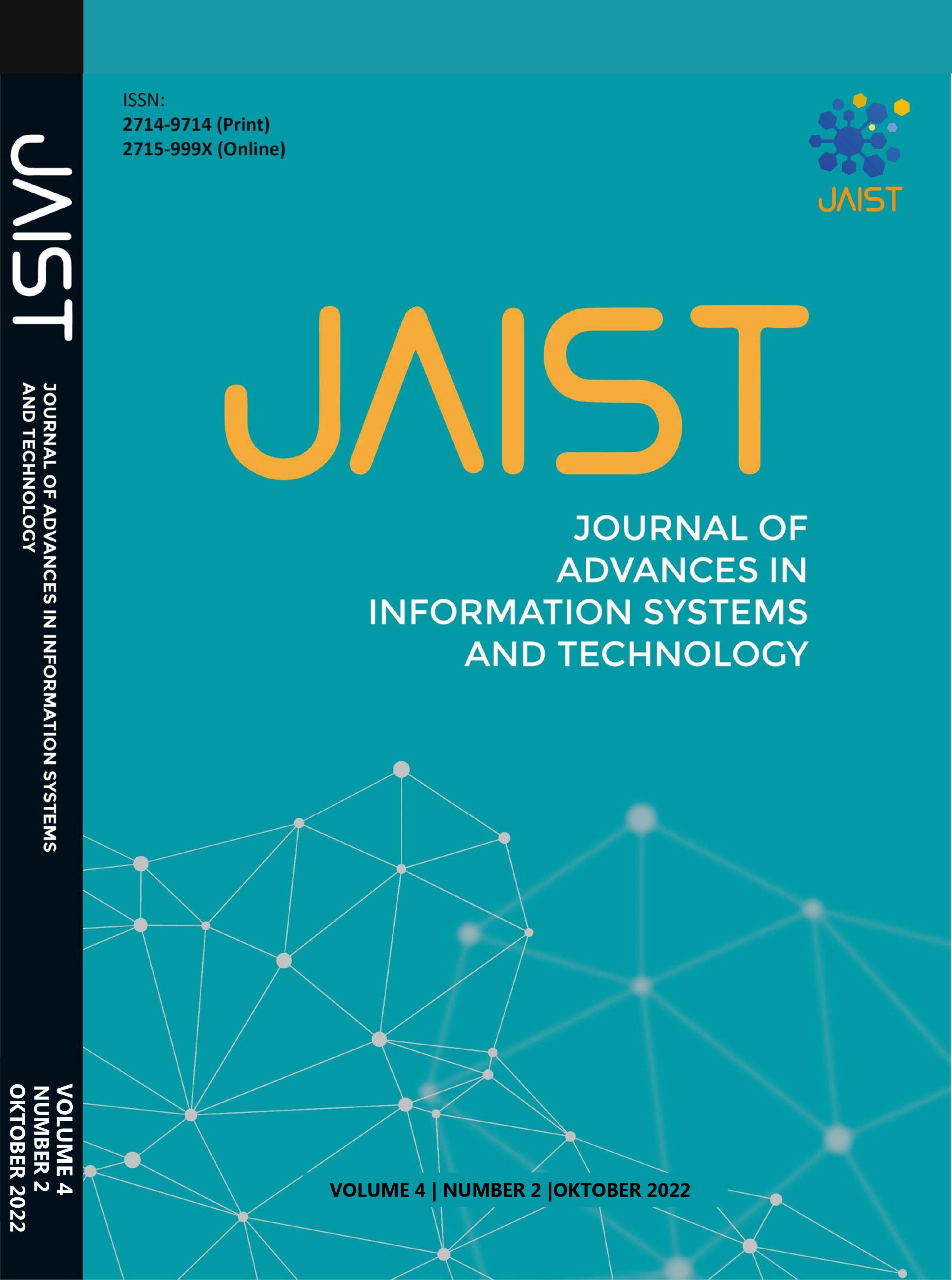Performance Comparison of SVM, Naïve Bayes, and KNN Algorithms for Analysis of Public Opinion Sentiment Against COVID-19 Vaccination on Twitter
Abstract
The emergence of the COVID-19 virus in 2020 has created a new breakthrough in the form of a vaccine as a solution to slow the spread of the virus. However, the COVID-19 vaccine is considered controversial and invites many people to express their views on various media, one of which is social media Twitter. Using Twitter data on the COVID-19 vaccine, sentiment analysis can be performed. Sentiment analysis aims to evaluate whether the tweet contains a positive sentence or sentiment. In this study, the analysis of sentiments on the COVID-19 vaccine on social media Twitter was carried out using the Support Vector Machine (SVM), Naïve Bayes, and k-Nearest Neighbor (KNN) algorithms. SVM has the advantage of being able to identify hyperplanes that maximize the margins between different sentiments. Meanwhile Naïve Bayes is an algorithm that is simple, fast and produces maximum accuracy with training. The KNN algorithm was chosen because it is superior to noise. The performance of the three classification algorithms will be compared, so that it can be seen which algorithm is better in classifying text mining. Sentiment classification results in this study consist of positive sentiment and sentiment classes. The resulting accuracy value will be a benchmark for finding the best test model in the case of sentiment classification. Based on ten tests, the final result of accuracy and best performance using the SVM algorithm with an accuracy value of 96.3% is obtained. Meanwhile, the Naïve Bayes and KNN algorithms have an accuracy of 94% and 91%, respectively. The high accuracy results are supported by the feature extraction TF-IDF the TextBlob library.
Copyright (c) 2022 Journal of Advances in Information Systems and Technology

This work is licensed under a Creative Commons Attribution-ShareAlike 4.0 International License.


